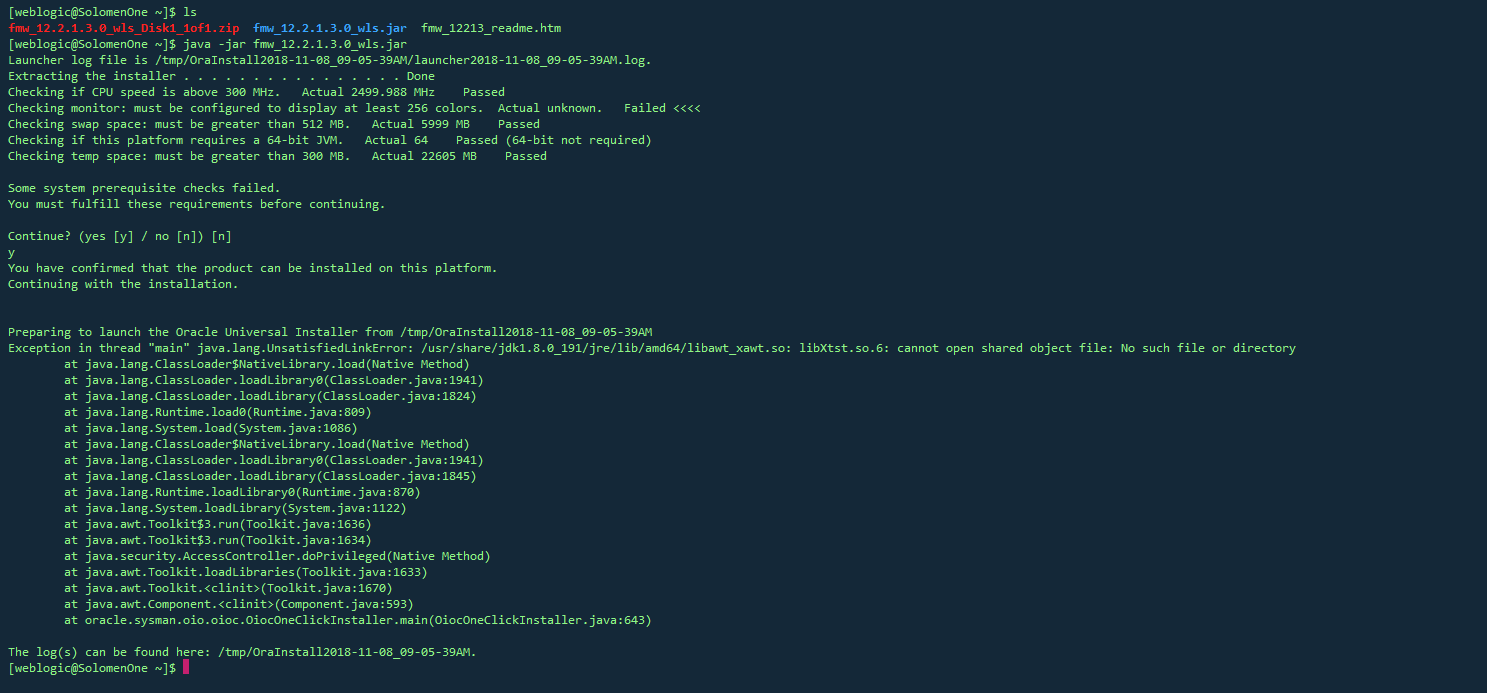可以将文章内容翻译成中文,广告屏蔽插件可能会导致该功能失效(如失效,请关闭广告屏蔽插件后再试):
问题:
I want to get N random numbers that the sum of them is a value.
For example, let\'s suppose I want 5 random numbers that their sum is 1
Then, a valid possibility is:
0.2 0.2 0.2 0.2 0.2
Other possibility is:
0.8 0.1 0.03 0.03 0.04
And so on. I need this for the creation of the matrix of belongings of the Fuzzy C-means.
回答1:
Short Answer:
Just generate N random numbers, compute their sum, divide each one by
the sum and multiply by M.
Longer Answer:
The above solution does not yield an uniform distribution which might be an issue depending on what these random numbers are used for.
Another method proposed by Matti Virkkunen:
Generate N-1 random numbers between 0 and 1, add the numbers 0 and 1
themselves to the list, sort them, and take the differences of
adjacent numbers.
I\'m not sure if this yield an uniform distribution
回答2:
Generate N-1 random numbers between 0 and 1, add the numbers 0 and 1 themselves to the list, sort them, and take the differences of adjacent numbers.
回答3:
I think it is worth noting that the currently accepted answer does not give a uniform distribution:
\"Just generate N random numbers,
compute their sum, divide each one by
the sum\"
To see this let\'s look at the case N=2 and M=1. This is a trivial case, since we can generate a list [x,1-x], by choosing x uniformly in the range (0,1).
The proposed solution generates a pair [x/(x+y), y/(x+y)] where x and y are uniform in (0,1). To analyze this we choose some z such that 0 < z < 0.5 and compute the probability that
the first element is smaller than z. This probaility should be z if the distribution were uniform. However, we get
Prob(x/(x+y) < z) = Prob(x < z(x+y)) = Prob(x(1-z) < zy) = Prob(x < y(z/(1-z))) = z/(2-2z).
I did some quick calculations and it appears that the only solution so far that appers to result in a uniform distribution was proposed by Matti Virkkunen:
\"Generate N-1 random numbers between 0 and 1, add the numbers 0 and 1 themselves to the list, sort them, and take the differences of adjacent numbers.\"
回答4:
In Java:
private static double[] randSum(int n, double m) {
Random rand = new Random();
double randNums[] = new double[n], sum = 0;
for (int i = 0; i < randNums.length; i++) {
randNums[i] = rand.nextDouble();
sum += randNums[i];
}
for (int i = 0; i < randNums.length; i++) {
randNums[i] /= sum * m;
}
return randNums;
}
回答5:
This problem is equivalent to the problem of generating random numbers with a Dirichlet distribution. To generate N positive numbers that sum to a positive number M, where each possible combination is equally likely:
Generate N exponentially-distributed random numbers. One way to generate such a number can be written as—
number = -ln(1.0 - RNDU())
where ln(x) is the natural logarithm of x and RNDU() is a method that returns a random number 0 or greater and less than 1 (e.g., JavaScript\'s Math.random()). Note that generating those numbers with a uniform distribution is not ideal because a biased distribution of random number combinations will result.
- Divide the numbers generated this way by their sum.
- Multiply each number by M.
The result is N numbers in a Dirichlet distribution whose sum is approximately equal to M (I say \"approximately\" because of rounding error).
This problem is also equivalent to the problem of generating random numbers uniformly from an N-dimensional simplex.
回答6:
Just generate N random numbers, compute their sum, divide each one by
the sum.
Expanding on Guillaume\'s accepted answer, here\'s a Java function that does exactly that.
public static double[] getRandDistArray(int n, double m)
{
double randArray[] = new double[n];
double sum = 0;
// Generate n random numbers
for (int i = 0; i < randArray.length; i++)
{
randArray[i] = Math.random();
sum += randArray[i];
}
// Normalize sum to m
for (int i = 0; i < randArray.length; i++)
{
randArray[i] /= sum;
randArray[i] *= m;
}
return randArray;
}
In a test run, getRandDistArray(5, 1.0) returned the following:
[0.38106150346121903, 0.18099632814238079, 0.17275044310377025, 0.01732932296660358, 0.24786240232602647]
回答7:
- Generate N-1 random numbers.
- Compute the sum of said numbers.
- Add the difference between the computed sum and the desired sum to the set.
You now have N random numbers, and their sum is the desired sum.
回答8:
Unfortunately, a number of the answers here are incorrect if you\'d like uniformly random numbers. The easiest (and fastest in many languages) solution that guarantees uniformly random numbers is just
# This is Python, but most languages support the Dirichlet.
import numpy as np
np.random.dirichlet(np.ones(n))*m
where n is the number of random numbers you want to generate and m is the sum of the resulting array. This approach produces positive values and is particularly useful for generating valid probabilities that sum to 1 (let m = 1).
回答9:
You\'re a little slim on constraints. Lots and lots of procedures will work.
For example, are numbers normally distributed? Uniform?
I\'l assume that all the numbers must be positive and uniformly distributed around the mean, M/N.
Try this.
- mean= M/N.
- Generate N-1 values between 0 and 2*mean. This can be a standard number between 0 and 1, u, and the random value is (2*u-1)*mean to create a value in an appropriate range.
- Compute the sum of the N-1 values.
- The remaining value is N-sum.
- If the remaining value does not fit the constraints (0 to 2*mean) repeat the procedure.


